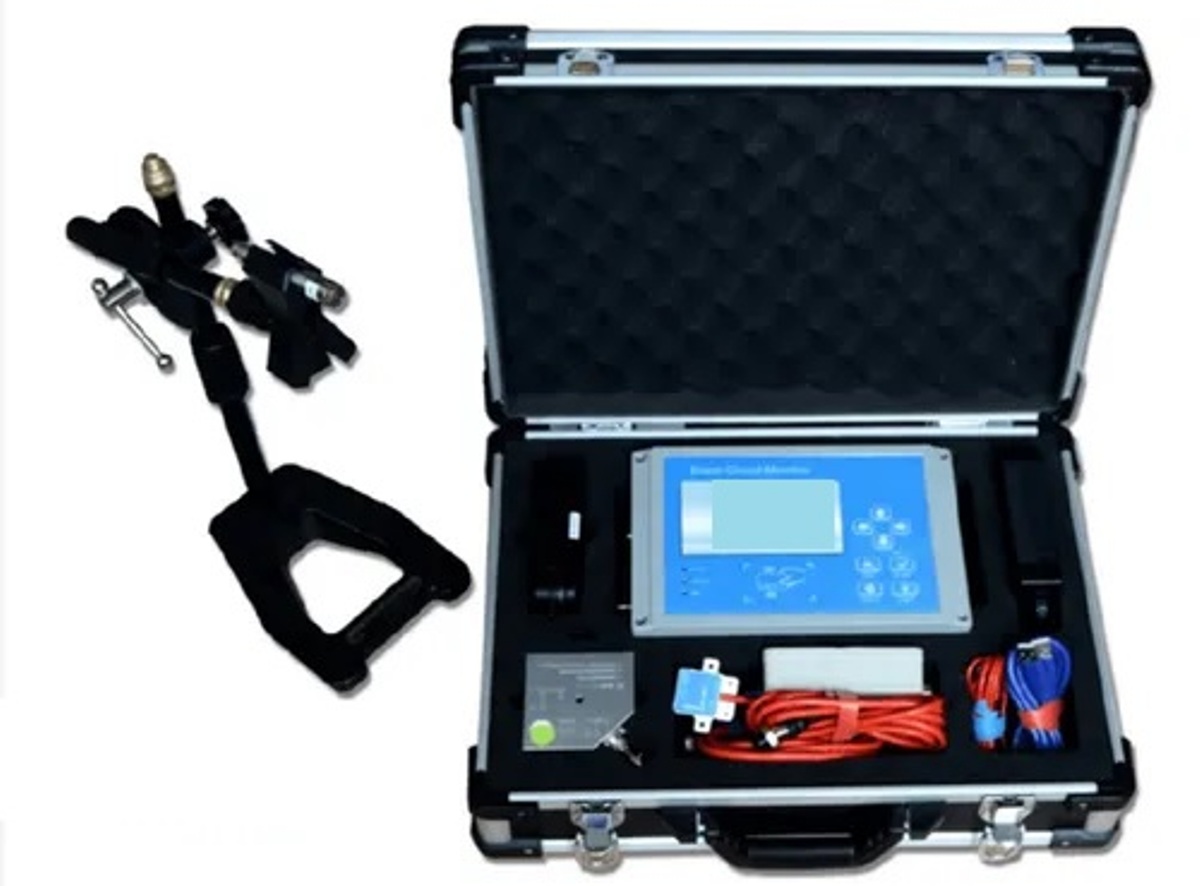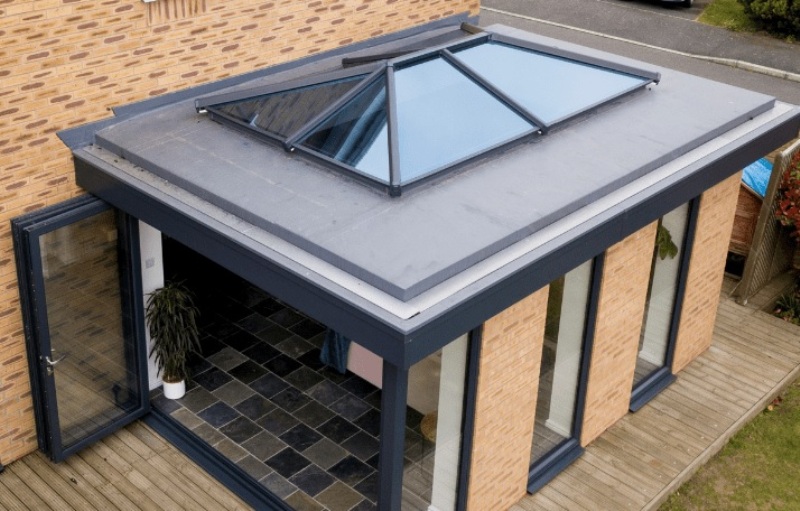
The global market for rheumatoid arthritis treatments is expected to grow at a CAGR of...
Learn More
Our consulting solutions address company specific challenges with respect to micro environment...
Learn More
Organizations frequently need day-today research guidancein order to gain strategic...
Learn More
Exploring different areas of market research and market analysis is a key factor...
Learn MoreAcute Market Reports presents the most extensive global business research services across industries. Our research studies focus on potential outcomes, benefits, and risks associated with each market segment across geographies. Having served our global clients for more than 10 years, our prime priority is to enable our clients in making well-informed business decisions through a data-driven, analytical, and uncomplicated research approach.
We provide access to the world's most comprehensive, analytical, and updated business intelligence services and solutions.




The wall repair roller paint market is expected to grow at a CAGR of 4.3% during the forecast period of 2025 to 2033. Wall repair roller paint market caters primarily to the construction and renovation industry, offering products specifically designe...
Read More
The blast monitoring equipment market is expected to grow at a CAGR of 6.1% during the forecast period of 2025 to 2033, driven by increasing mining and construction activities, rising concerns regarding worker safety, and stringent regulatory norms f...
Read More
The flat roofing market is expected to grow at a CAGR of 5.7% during the forecast period of 2025 to 2033, driven by the rising demand for sustainable solutions, technological advancements, and the urbanization-commercial construction nexus. Challenge...
Read More




